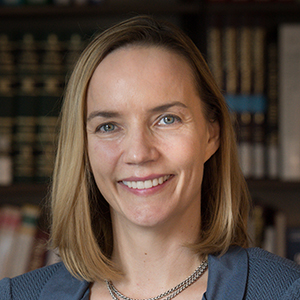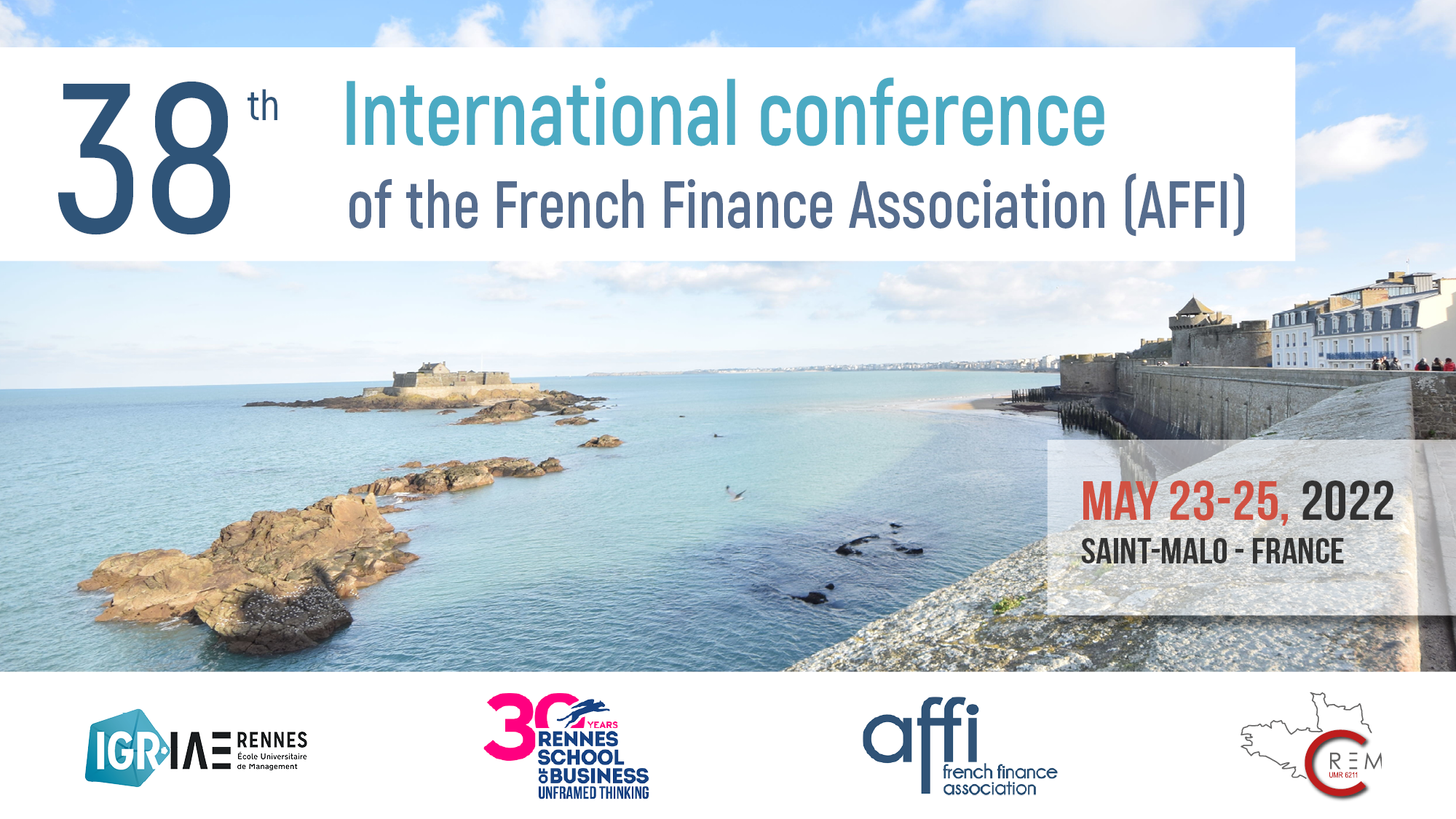Keynote Speakers

René M. STULZ
René M. Stulz is the Everett D. Reese Chair of Banking and Monetary Economics and the Director of the Dice Center for Research in Financial Economics at The Ohio State University. He has also taught at the Massachusetts Institute of Technology, the University of Chicago, and the University of Rochester. He received his Ph.D. from the Massachusetts Institute of Technology. He was awarded a Marvin Bower Fellowship from the Harvard Business School, a Doctorat Honoris Causa from the University of Neuchâtel, and the Risk Manager of the Year Award of the Global Association of Risk Professionals. In 2004, the magazine Treasury and Risk Management named him one of the 100 most influential people in finance. Reuters includes him in its list of the world’s most influential scientific minds. He is a past president of the American Finance Association and of the Western Finance Association, and a fellow of the American Finance Association, the European Corporate Governance Institute, the Financial Management Association, and the Wharton Financial Institutions Center.
René M. Stulz was the editor of the Journal of Finance, the leading academic publication in the field of finance, for twelve years, and co-editor of the Journal of Financial Economics for five years. He is on the editorial board of more than ten academic and practitioner journals. Further, he is a member of the Asset Pricing and Corporate Finance Programs and the director of the Risk of Financial Institutions Group of the National Bureau of Economic Research.
He has published more than one hundred papers in finance and economics journals, including the Journal of Political Economy, the Quarterly Journal of Economics, the Journal of Financial Economics, the Journal of Finance, the Review of Financial Studies, and the Harvard Business Review. He is the author of a textbook titled Risk Management and Derivatives, a co-author of the Squam Lake Report: Fixing the Financial System, and has edited several books, including two volumes of the Handbook of the Economics of Finance.
René M. Stulz has taught in executive development programs in the U.S., Europe, and Asia. He has consulted for major financial institutions as well as for non-financial firms, law firms, the New York Stock Exchange, the IMF, and the World Bank, and testified in federal and state courts as well as in arbitrations. He has served on bank boards, on the board of an asset management company, and as a member and as vice-chair of the Board of Trustees of the Global Association of Risk Professionals.

Neeley School of Business, Texas Christian University
Professor Boone's research interests include mergers & acquisitions, corporate restructuring, governance structures, and disclosure. According to Google Scholar, Professor Boone’s papers have been cited over 5,000 times. Her work on takeovers includes an article published in the Journal of Financial Economics that studies the returns to bidder firms and finds that they do not systematically fall prey to the winner's curse. A related Journal of Finance article examines the process by which firms are sold through auctions or negotiations. Another paper in the Review of Financial Studies explores the role of termination provisions in takeovers. Additional work on the factors driving acquisitions and divestitures appeared in the Journal of Corporate Finance. More recently, research publish in the Journal of Law and Economics explores the consequences of a surge in appraisal litigation on the structure and pricing of takeovers.
Work in corporate governance includes a paper published in the Journal of Financial Economics that studies the determinants of board size and composition using a sample of newly public firms. A paper published in Journal of Financial and Quantitative Analysis examines the reasons parent firms maintain ownership stakes in subsidiaries and the ability the parent may have to expropriate wealth from minority shareholders in those subsidiaries. Other publications on governance include an article on specialized equity claims published in Financial Management.
A paper published in Journal of Financial Economics examines the spillover effects when one party to a strategic alliance or joint venture files for bankruptcy. This work shows that alliance partners experience share price declines and worsening financial performance following the bankruptcy, but this effect is primarily found for longer-lived alliances with a larger partner. Furthermore, industry conditions can either mitigate or exacerbate the post-filing shareholder returns.
Work on disclosure includes a Journal of Financial Economics paper that explores the effect of institutional ownership, particularly by indexers, on a firm's public information environment. Professor Boone has another piece published the Journal of Financial Economics that examines firms that redact information at their initial public offering. It explores the trade-off between revealing potentially valuable proprietary information to rivals versus obtaining better capital market terms. More recently, a forthcoming paper in The Accounting Review explores the consequences of the SEC's policy to defer to the foreign firm’s home-market rules for the content, timing, and materiality threshold of periodic and ongoing disclosures on Form 6-K.

